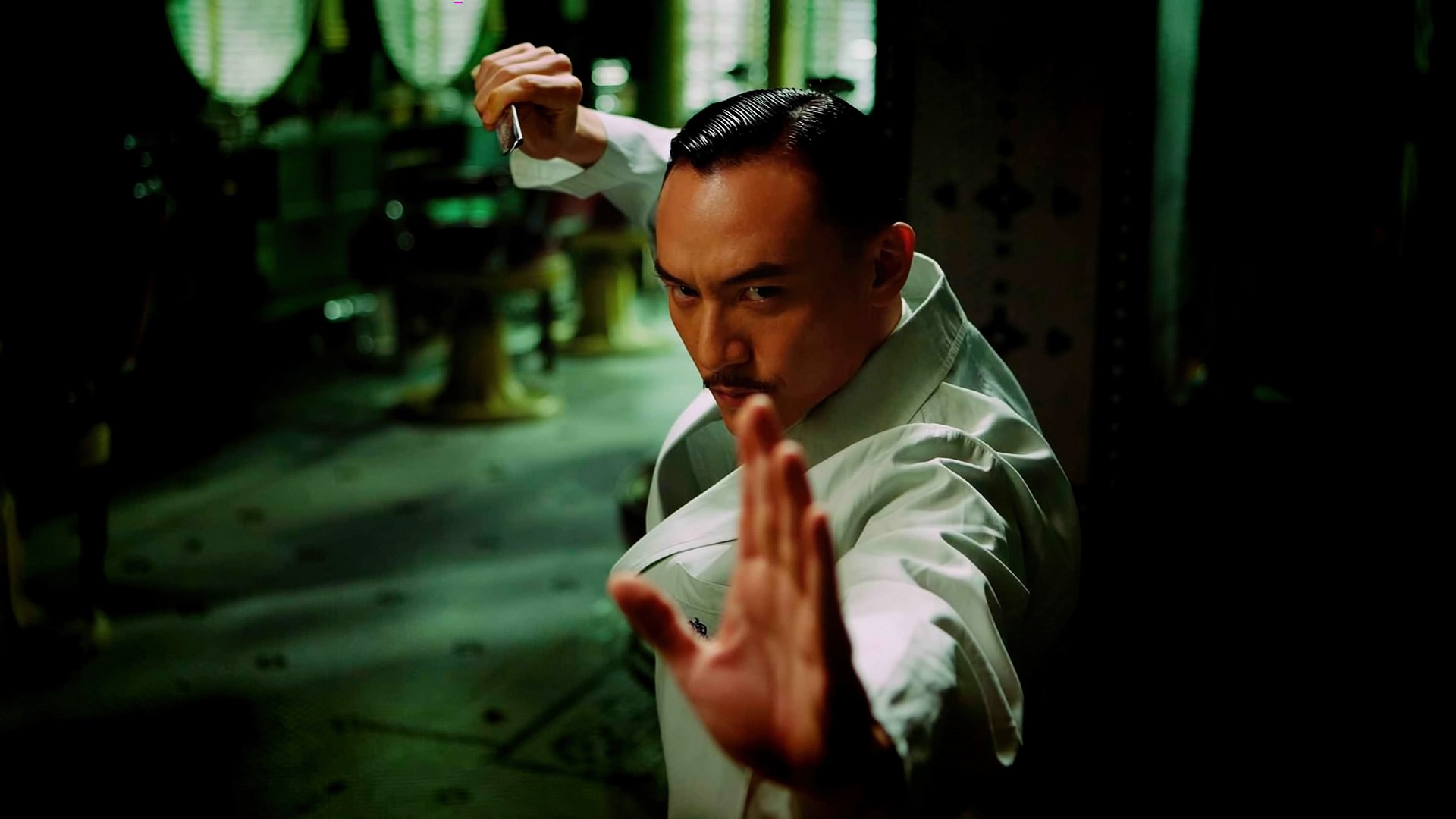

As they parry tender blows and leap with ecstatic dexterity, the warriors’ lips nearly touch – a kiss caught in the suspended animation of the recurrent slo-mo that litters cinematographer Philippe Le Sourd’s imposingly handsome frames.įor all his talk of exploring “the man behind the legend”, it’s hard not to conclude that Wong is more interested in the indomitable Gong Er than Ip Man, whose story has recently fired a rash of movies, from 2008’s Ip Man (and its sequel) with Donnie Yen to 2010’s The Legend Is Born from Herman Yau, who also directed 2013’s Ip Man: The Final Fight. Significantly, The Grandmaster’s most powerful sequence is an interior duel between Ip Man and Gong Er that crosses the boundaries of dance and waltzes into the no-man’s-land of forbidden love. The real heart, however, lies in a Brief Encounter-style romance between Leung’s Ip and Zhang Ziyi’s Gong Er, daughter of Manchurian grandmaster Gong Yutian, an unconsummated affair that draws us back toward the endless yearning of In the Mood for Love, which remains by some distance Wong’s finest hour. Slipping backwards and forwards in time, The Grandmaster interweaves themes of ancient loyalty and modern betrayal around a narrative predicated upon the interplay between the differing schools, traditions and movements of myriad martial arts disciplines. Yet such grand standoffs are only a part of the mosaic of Ip’s strange journey from southern China’s Guangdong province to Hong Kong, via the Japanese invasion of 1938, and the loss – through separation and death – of his wife and children. The shadow of Sergio Leone looms large (Wong has called this his “once upon a time of kung fu”), Ip cast as the lone sheriff or shadowy gangster in an iconic image that graces the film’s moody poster. We open with a bravura battle scene orchestrated by the renowned Yuen Woo-ping (who also appears as Ip’s martial arts teacher, Chan Wah-shun), in which raindrops splash photogenically off the brim of Leung’s blond hat as he single-handedly takes on a small army of attackers. Many familiar with the 130-minute Chinese release (or indeed the slightly trimmed one that premiered in Berlin) have declared this version to be inferior, although the director insists that the “reshaping” has been “much more meaningful than simply making something shorter or longer”. That it should also be something of a frustrating hotchpotch perhaps says more about the protracted editing process (this third cut of the movie was overseen for international release by Harvey Weinstein) than about Wong’s original vision. It boast dazzling visuals, ripe melodrama and superbly orchestrated fight sequences that rival the choreography of many a classic Hollywood musical. A sweeping martial arts epic made with the backing of the Chinese Film Bureau, The Grandmaster earned Academy Award nominations earlier this year for cinematography and costume design (and narrowly missed out on a foreign language film nod) and has taken well over $60m worldwide after becoming a solid domestic hit in China in 2013.īelatedly arriving in the UK under the reassuring “Martin Scorsese Presents” imprimatur, Wong’s expansively lavish and kaleidoscopic film stars Tony Leung as Ip Man, the master exponent of wing chun kung fu who counted Bruce Lee among his pupils. Stay standing and you win… ” After the false steps of Wong Kar-wai’s My Blueberry Nights, the Hong Kong auteur’s first US project, which found him if not horizontal then at least perilously oblique, this latest film sees him largely returned to the upright position.


 0 kommentar(er)
0 kommentar(er)
